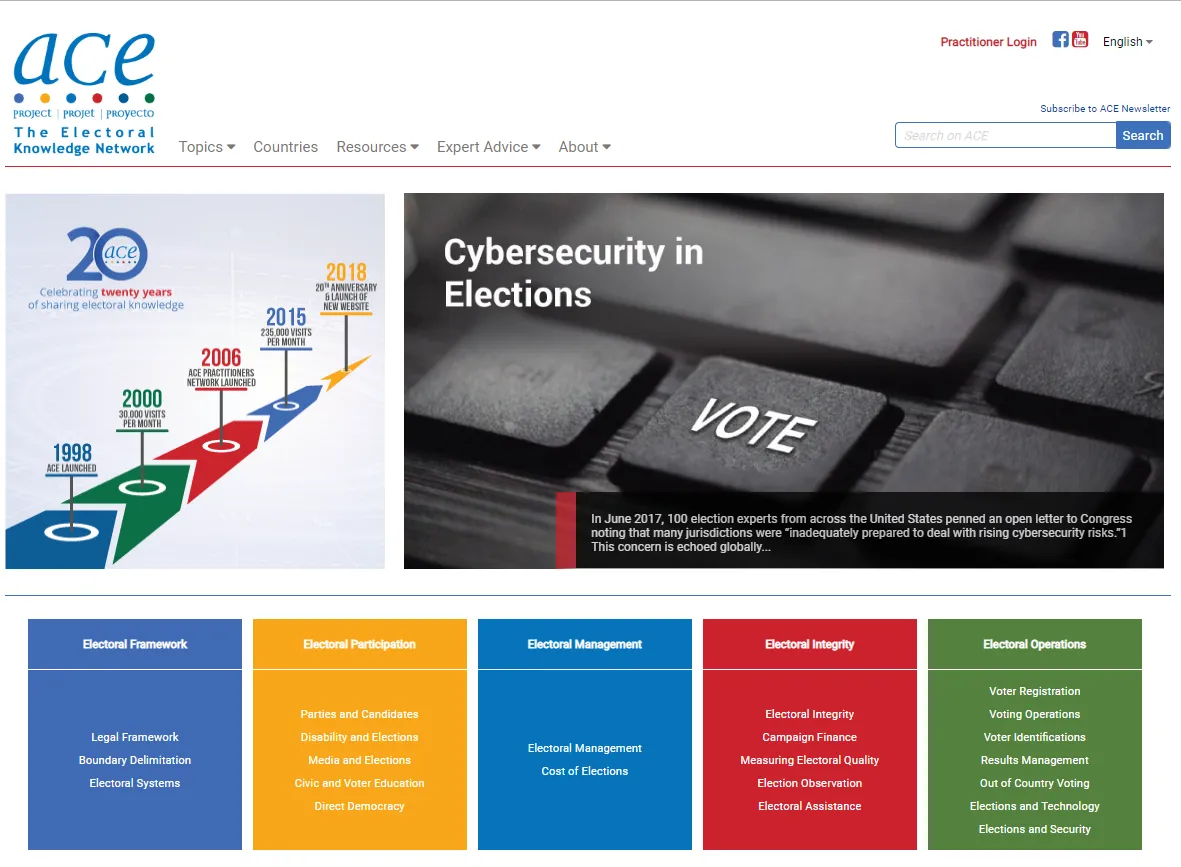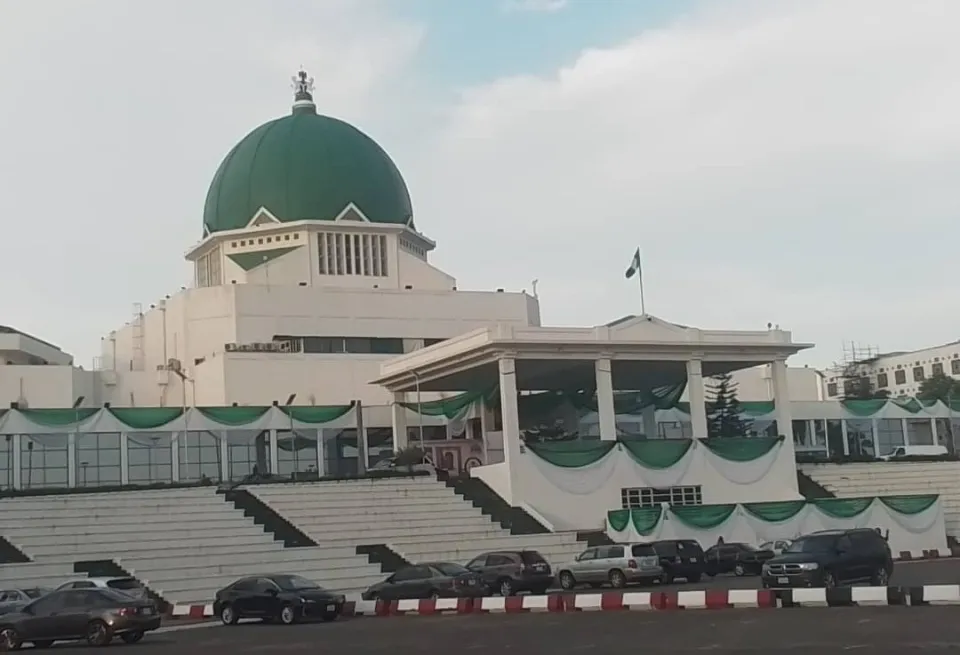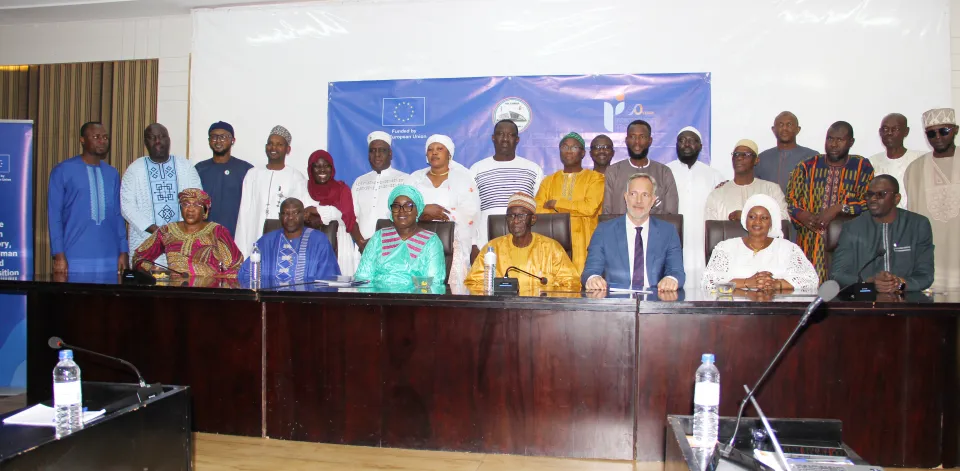The ACE Electoral Knowledge Network Launches A New Website

This year, the ACE Electoral Knowledge Network celebrates 20 years as the world’s largest online source of electoral knowledge.
To celebrate this milestone, the ACE Electoral Knowledge Network partners launched a structural and visual revamp of the ACE website, with more features for users to access publications, news and training opportunies related to their topics of interest. The website now includes a new anniversary timeline which tells the 20 year history of ACE that includes posts on significant events, content, statistics, and quotes from ACE partners and users. Testimonials include:
"Through our work on identifying electoral obligations and standards, The Carter Center feels like we’ve contributed to the building of consensus on international standards for democratic elections. ACE is the perfect vehicle and forum to help share and disseminate this work because it is the only established and widely respected network and repository of electoral knowledge.”
David Carroll, The Carter Center
“I access the ACE website on a weekly basis for electoral information and have done so since I started working at the Commission which today runs local elections for approximately eighty-four million eight hundred thirty-six thousand registered voters.”
Avinash T. Sanas, Deputy Commissioner, State Election Commission, Maharashtra

The formal 20th anniversary celebration of ACE took place in Mexico City on 25 October 2018, during the XIV conference of the Inter-American Union of Electoral Organizations (UNIORE). The celebration was hosted by the Mexican election authority Instituto National Electoral– a long standing partner of ACE. Earlier in the year, International IDEA hosted a celebratory ACE reception in Stockholm, see 20 years later: ACE is a story of democratic progress and resilience and photo gallery.
The ACE Electoral Knowledge Network Partnership includes the following organizations: The Electoral Institute for Sustainable Democracy in Africa (EISA), Elections Canada, Instituto Nacional Electoral (INE), the International Foundation for Electoral Systems (IFES), International Institute for Democracy and Electoral Assistance (International IDEA), the United Nations Development Programme (UNDP), the Electoral Assistance Division of the UN Department of Political Affairs (UNEAD), and The Carter Center (TCC).




